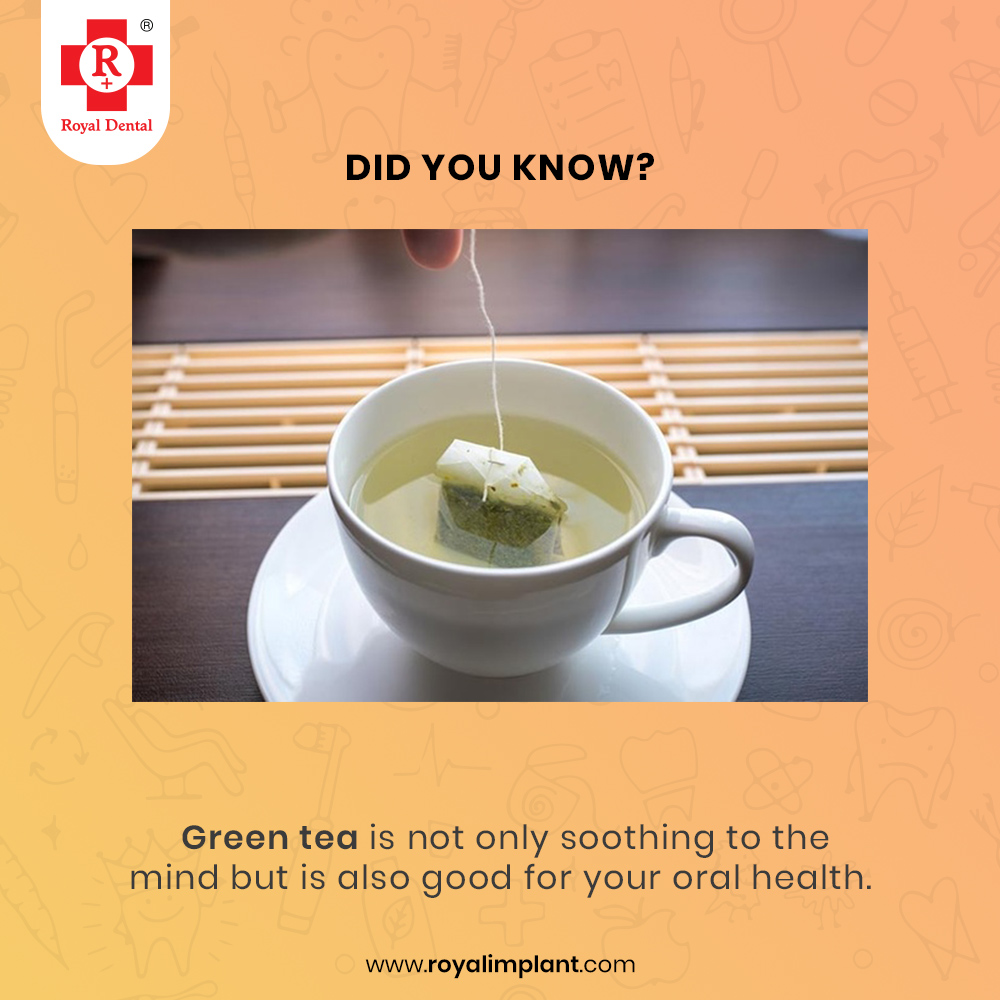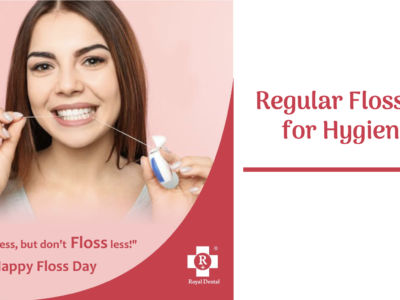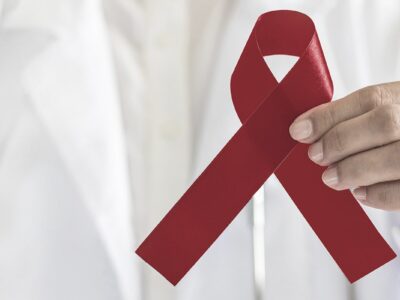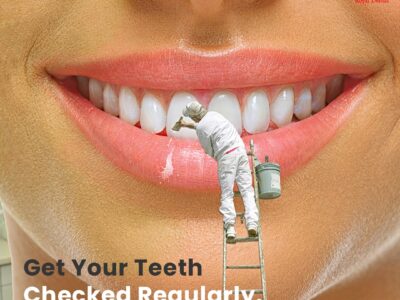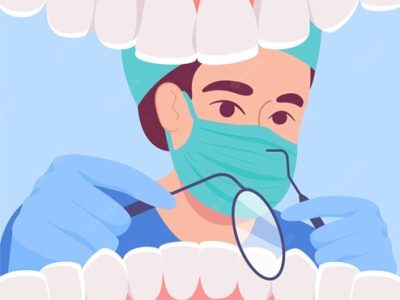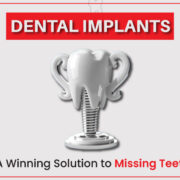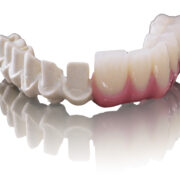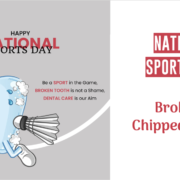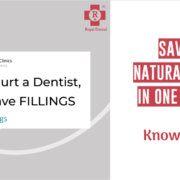After tooth extraction, many people are left wondering if they can enjoy their favorite beverages like tea and coffee. While it can be difficult to ignore your cravings for a hot cup of tea. It’s important to understand the effects these beverages can have on your healing process. Understanding what liquids to consume and when can help ensure that your tooth extraction goes as smoothly as possible and helps you heal most effectively. With that being said, certain beverages are safer than others after a tooth extraction. And understanding them can help you make the best decision for your health.
What is a Tooth Extraction?
A tooth extraction is a procedure that removes a tooth from its socket in the jaw. It is usually done when a tooth is severely damaged or infected. Or when there is not enough room in the jaw for all of the teeth. During the procedure, a dentist or oral surgeon will use special instruments to loosen the tooth, and then pull it out. After the tooth is removed, the socket is filled with a special material to help prevent infection and promote healing.
After a tooth extraction, it’s best to avoid drinking hot beverages like tea and coffee for the first 24 hours. The heat from the drinks can cause the blood vessels in the extraction site to dilate, increasing blood flow and prolonging the bleeding.
The recovery time after tooth extraction can vary, depending on the type of extraction. The patient’s overall health, and the skill of the dentist or oral surgeon. Generally, the patient should expect a few days of discomfort and swelling, but this should improve within a week. Following the dentist’s instructions is key to a successful recovery and can help to minimize the amount of pain and swelling.
Can I Drink Tea and Coffee after a Tooth Extraction?
The short answer is yes, you can have tea and coffee after a tooth extraction. However, it is important to consider the effects these beverages can have on your healing process. It is best to wait until the bleeding has stopped, which is usually about 24 hours after the procedure. It can also be helpful to avoid drinking beverages with a straw, as the suction can cause the clot in the socket to become dislodged, leading to a painful condition known as a dry socket.
Once the first 24 hours have passed, you can slowly start introducing warm liquids like tea and coffee back into your diet, but it’s still important to be cautious. Avoid using a straw when drinking, as the sucking motion can dislodge the blood clot that’s formed in the socket and delay the healing process.
It’s also important to avoid adding any sugar or cream to your tea or coffee, as the sugar can promote bacterial growth in the mouth, while the cream can cause irritation and discomfort at the extraction site.
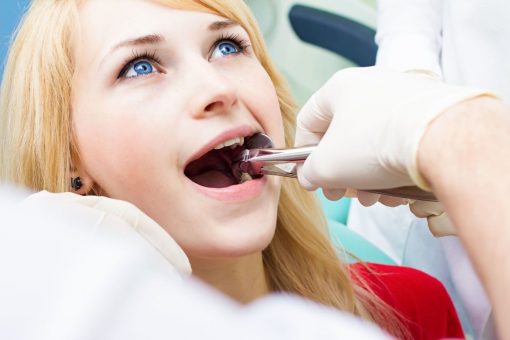
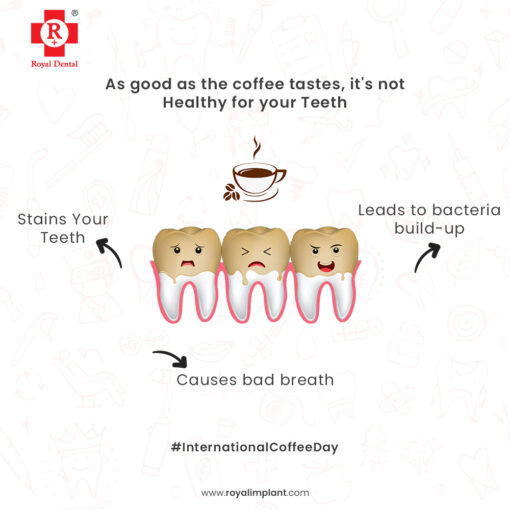
Additionally, it is important to be mindful of the temperature of the beverages you are consuming. Too hot beverages can irritate the socket and can slow the healing process. To avoid any potential issues, it is best to wait until the beverages have cooled to a comfortable drinking temperature before consuming them.
Overall, it’s best to stick to lukewarm or cool beverages for the first few days after a tooth extraction, and slowly reintroduce hot liquids as your mouth heals. As always, be sure to follow any additional instructions provided by your dentist or oral surgeon to ensure a smooth recovery.
Benefits of Drinking Tea After a Tooth Extraction
- Tea, particularly herbal teas with flavors like peppermint or chamomile, can soothe the mending tissues by gently hydrating without the acidity of coffee.
- Some teas, like green tea, have anti-inflammatory and antioxidant properties that can aid in healing and the reduction of swelling.
- Herbal teas with relaxing properties, such as chamomile, can help during the healing process by encouraging rest and lowering tension.
- Certain teas, including ginger tea, have inherent analgesic qualities that could help reduce minor pain or discomfort following the extraction.
- When ingested in moderation, tea—especially green tea—has antibacterial qualities that can help lower the risk of infection at the extraction site.
- Some teas, such as green tea, can improve gum health and reduce plaque accumulation, which can improve dental health generally.
Drawbacks of Drinking Tea After a Tooth Extraction
- Risk of dry socket: Drinking too much hot tea or other liquids just after having a tooth extracted will raise your chance of developing a dry socket, which is a painful side effect.
- Milk and sugar irritants: Milk and sugar can encourage the growth of germs in your gums, which could lead to an infection.
- Irritation and pain: Warm liquids could irritate and damage the extraction hole.
- Discoloration: Tea and other dark-colored drinks can discolor teeth, which is not ideal during the first stages of healing.
- Sensitivity to caffeine: Tea contains caffeine, which may make the extraction site more uncomfortable.
- Removal of a blood clot: Drinking through a straw can cause your freshly formed blood clot to come loose and raise your chance of developing a dry socket.
Benefits of Drinking Coffee After a Tooth Extraction
- Caffeine, which can give you a quick energy boost and help fight exhaustion, is found in coffee.
- Coffee has a pleasant flavor and scent that can uplift one’s spirits.
- Coffee’s caffeine is known to improve alertness, attention, and concentration, which is advantageous for daily tasks.
- Because of its high antioxidant content, coffee may be able to lower inflammation and perhaps prevent some diseases.
- Coffee can be served during social events and meetings and is frequently linked to social interactions.
Drawbacks of Drinking Coffee After a Tooth Extraction
- Coffee has the ability to dissolve already-formed blood clots or stop new ones from developing. As the blood clot cures, it keeps the empty socket from drying out.
- Coffee and other hot liquids can aggravate the surgical site.
- Your blood pressure may rise as a result of caffeine, which could cause bleeding at the extraction site. Your blood vessels may enlarge as a result, raising the possibility of bleeding. Additionally, the caffeine in coffee may have a negative impact on the healing of adjacent gum tissue.
Tips for Enjoying Tea and Coffee After a Tooth Extraction
- Wait until the socket has fully healed before drinking tea or coffee. This can take several days or weeks, depending on the extent of the extraction.
- Drink cold or lukewarm beverages instead of hot ones. Hot beverages can dislodge the blood clot and cause pain and discomfort.
- Use a straw to drink the beverage to avoid contact with the extraction site.
- Rinse your mouth with salt water before and after drinking tea or coffee to help reduce the risk of infection.
- Avoid adding sugar or cream to your tea or coffee as it can increase the risk of infection and delay the healing process.
- Choose herbal tea or decaf coffee instead of caffeinated beverages to avoid the risk of high blood pressure.
- Limit your intake of tea and coffee to small amounts and drink slowly to avoid discomfort.
- If you experience any pain, discomfort, or signs of infection after drinking tea or coffee. Contact your dentist immediately for further advice.
Alternatives to Tea and Coffee after Tooth Extraction
If you are looking for alternatives to tea and coffee after a tooth extraction. There are a few options that can provide the same benefits without the risks. For starters, herbal tea can be a great option, as it is caffeine-free and contains many anti-inflammatory properties. Additionally, broths and soups can also help to reduce inflammation and provide much-needed energy after tooth extraction.
It is also important to stay hydrated after a tooth extraction. And drinking plenty of water can help to keep the mouth clean and promote healing. Additionally, it can be helpful to avoid sugary beverages and alcohol. As these can interfere with the healing process and increase the risk of infection.
Conclusion
In conclusion, it is generally recommended to avoid drinking tea and coffee after a tooth extraction. There are certain precautions you can take to enjoy your favorite beverage without causing any harm to your oral health. It is crucial to wait until the extraction site has fully healed and drink the beverage at a lukewarm temperature using a straw. Choosing decaf or herbal tea, rinse your mouth with salt water. Limiting your intake can also help reduce the risks associated with drinking tea and coffee after a tooth extraction. Remember to consult with your dentist if you experience any pain or discomfort. Or signs of infection after drinking tea or coffee. By following these tips, you can enjoy your favorite beverage without compromising your oral health.
All rights reserved by Royal Dental Implants Pvt Ltd., issued in the public interest

